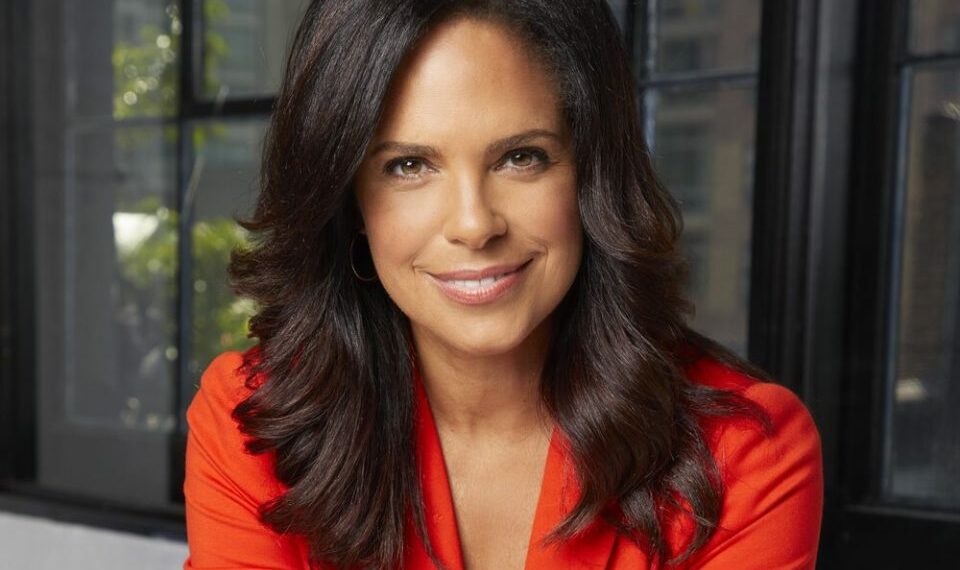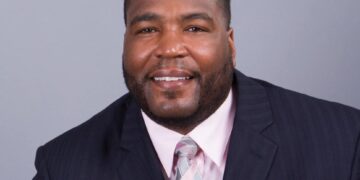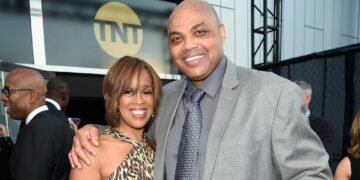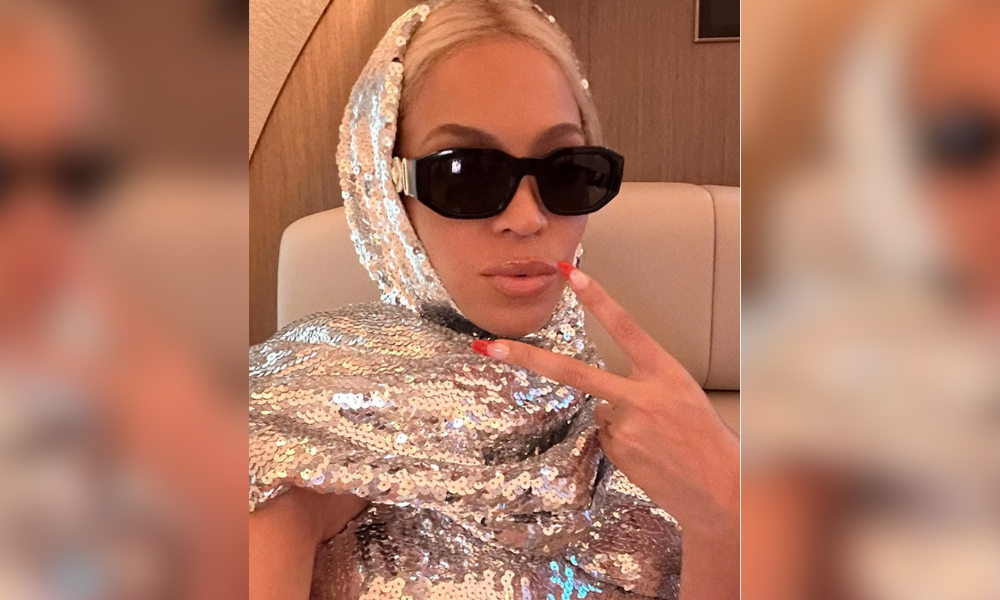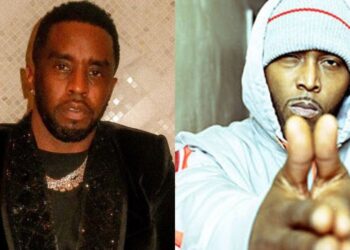Award-winning Journalist Soledad O’Brien has been an advocate for issues that primarily affect the black community. However, she channeled her journalistic instincts by questioning national media outlets’ selective coverage when Black Americans go missing in this country.
According to The Grio, nearly every national media outlet turned their attention to the late Gaby Petito, who was reported missing on Sept. 11 after she did not return home with fiance Brian Laundrie. Although the outcome resulted in death, it is often perceived that Petito received this level of coverage because she was a white woman.
PBS NewsHour anchor Gwen Ifill once famously called the racial differences in coverage “missing white woman syndrome.” These disparities are the main discussion topic in Black and Missing, O’Brien’s new HBO docuseries, premiered on Nov. 23.
“Why are the stories about missing Black women, and Black people generally, why are they not told, why are they not shared, why are they not so interesting to the media,” O’Brien asked during a recent interview on The Dean Obeidallah Show.
“And why is law enforcement seeming to be unwilling to really chase after these stories,” she added.
The journalist’s four-episode series included impactful dialogue from a former law enforcement officer, Derrica Wilson. She now serves as co-founder and CEO of the Black and Missing Foundation, a non-profit organization that raises awareness for missing people of color. Wilson and her sister-in-law, Natalie Wilson, formed a team to help families of color find their missing loved ones, The Grio reported.
Law enforcement agencies and media outlets have made it challenging to report missing black Americans but show greater interest when a white person goes missing. As a result, the percentage of Black children missing has increased instead of their white counterparts.
According to an FBI’s National Crime Information Center report, Black children represented nearly 14% of the nation’s child population in 2018. Still, they made up a third of missing cases in the same year.
“If you don’t meet those criteria — blonde hair, blue eyes — your stories are not newsworthy,” Derrica Wilson said in a trailer for Black and Missing.
The journalist said she has been working on the docuseries for three years. With the current racial disparities in the media, many have told O’Brien releasing the project now would shed light on the present issues surrounding missing black Americans in the nation.
“There are so many versions of this story. You could just do it over and over and over again, unfortunately,” she said. “I think that there is a large number, and often it is also because people are not really searching for them and don’t prioritize looking for them.”

